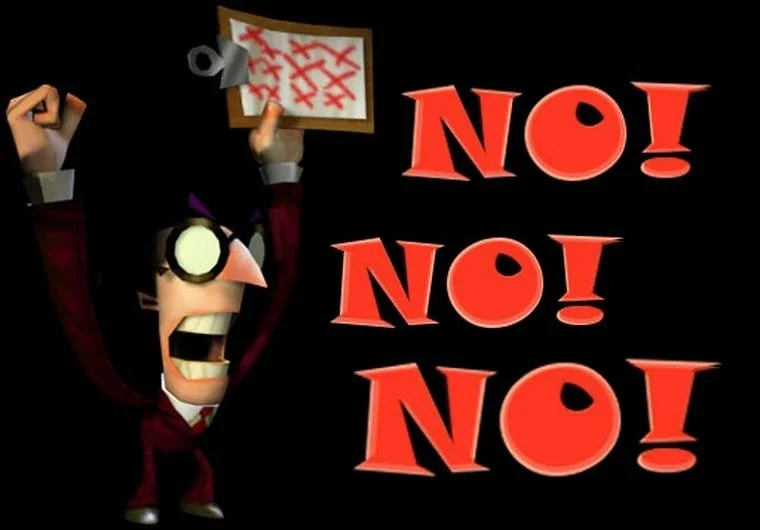How Judgmental Attitudes Harm the Software Industry
Photo by Shahzaib Khan on Unsplash
The software development industry thrives in innovation and collaboration, and without teamwork, there would be no great software.
So, I’d like to explore why elitism is so prevalent among software developers, and what we might do about it.
Contradiction? What Contradiction?
It might be surprising to read this article from The Secret Developer since they believe that standards and qualifications in software development are important.
But this isn’t merely about adhering to standards or striving for excellence. Instead, we are going to investigate the pervasive attitude of judgment that segregates and diminishes, turning potential allies into rivals based on arbitrary factors.
Key Judgmental Attitudes
Peers
When we consider our peer's skill the tendency within the industry is to take a narrow slice of evidence and use that to form a complete image of the developer.
Photo by Chang Duong @iamchang on Unsplash
Love expert Alain de Botton would call this superficiality snobbery.
“A snob is anybody who takes a small part of you and uses that to come to a complete vision of who you are. That is snobbery.”
When using superficial markers of worth in software development we close off learning opportunities and close the door to diversity. Take the classic interview fallacy of using years of experience as a signal for competency. This myopic view overlooks the diverse paths and rich potential each individual brings to the table in favor of quick judgments.
Ideas
This is a Censor, an integral part of any sane person’s mind. The Censors roam through your psyche, looking for thoughts that don’t belong. Hallucinations, manias, waking dreams. The Censors hunt them down, and censor them out of existence.
Solutions
The path forward requires a shift in mindset. We can begin by questioning our own biases and making a conscious effort to appreciate the unique contributions of each team member. Leadership and mentorship play key roles here, guiding less experienced developers and championing a culture of inclusivity and openness.
In essence, the measure of a developer’s worth should not be confined to a single dimension. It’s about the broader impact of their work, their willingness to learn and grow, and their capacity to contribute to a team’s success. By moving beyond snobbery, we can harness the collective power of diverse talents to drive innovation and achieve excellence in software development.
Let’s change perspective. Being good at programming doesn’t mean you need to look down upon other people. You don’t need to have been coding since the age of 12 to squash a difficult bug, solve a difficult problem or be great to work with. Just saying.
Conclusion
Elitism in software development does more harm than good. It’s high time we embrace a more inclusive and comprehensive approach to valuing each other’s contributions. The question is not whether you agree or disagree; it’s whether we’re ready to make a change for the better of our industry as a whole.



